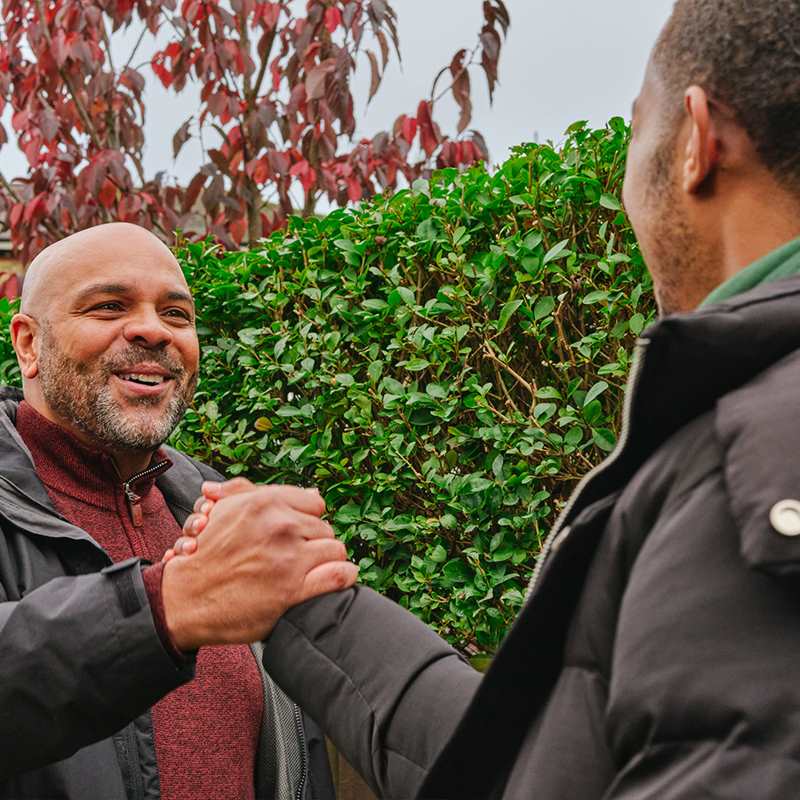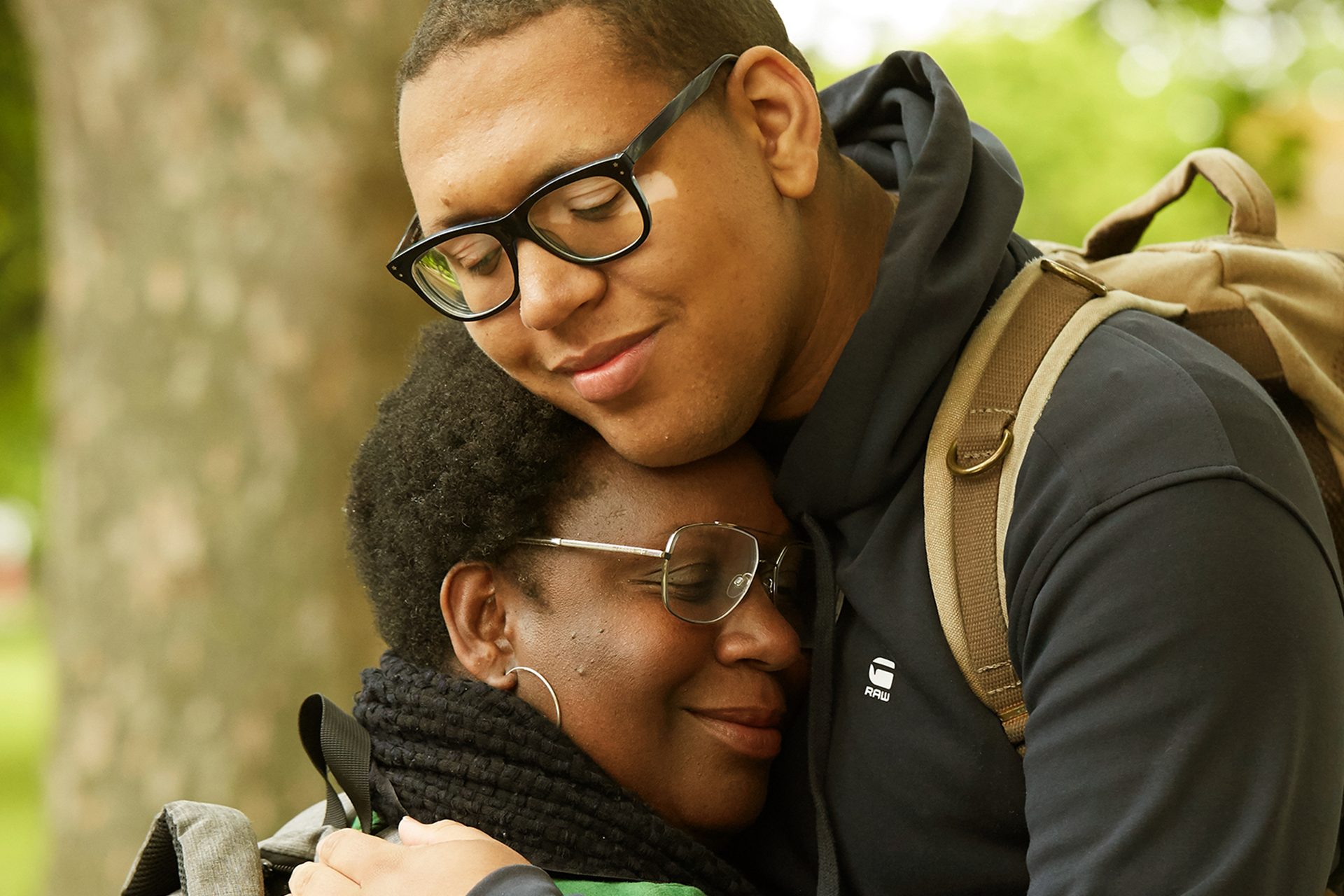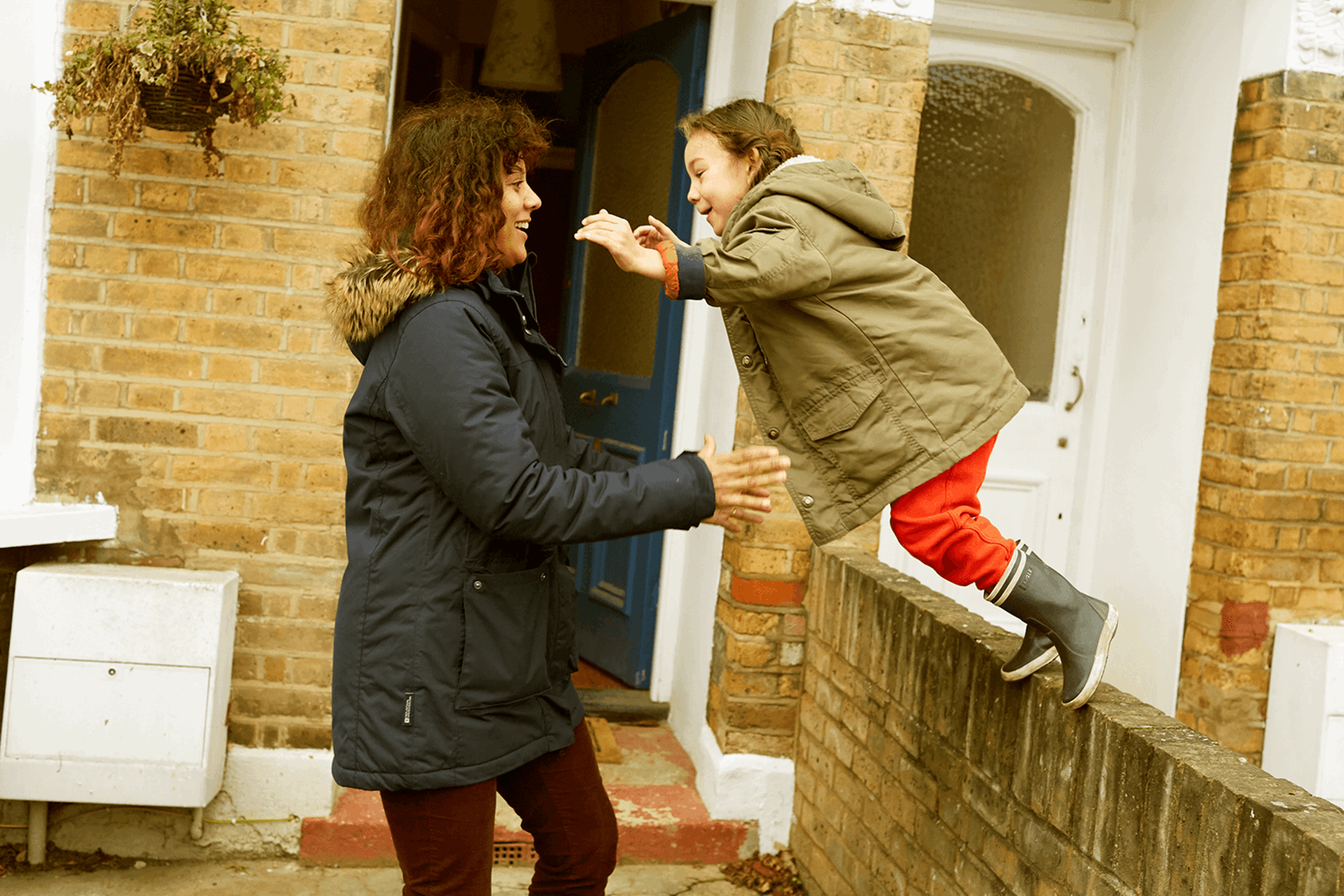
We gathered lots of feedback from parent and carer focus groups across the country on what could help them support their children’s mental health and wellbeing in the best possible way.
Parents told us they can often feel alone when trying to support their children’s needs and would find it reassuring to meet other parents experiencing similar concerns or worries.
Using this feedback, we created a guide so you can set up your own local Parent Support Group. By setting up a group, you can meet like-minded parents in your local community and share your experiences with other parents who understand.
Some parents might also want to open up about their worries and concerns and explore possible ways forward. This can help you and other parents who may feel unsupported.
1. Create your vision and mission for the group
2. Sponsor and promote the group
You can always seek sponsorship from local shops or organisations (especially those linked in some way to kids or parenting).
These resources have some more ideas for raising money for your groups:
3. Create a schedule
4. Encourage feedback
-
Open discussion
The sessions should leave space for open discussion. These groups are a helpful space for parents to identify and share their concerns around their children’s wellbeing and to meet others sharing similar experiences.
-
Signposting
Groups may offer each other signposting to further information or resources. It might be useful to collate this information to create a handout of local support for the group.
-
Surveys
Create a simple survey or leave space in one of your sessions for group suggestions. The group should be as useful and inclusive as possible for all members.
Thanks for your support
With special thanks to A Million & Me.

More guides and advice for parents
Whether you love the page or think something is missing, we appreciate your feedback. It all helps us to support more young people with their mental health.
Please be aware that this form isn’t a mental health support service. If your child is in crisis right now and you want to talk to someone urgently, find out who to contact on our urgent help page.
At YoungMinds we take your privacy seriously. If you’d like to read more about how we keep the information we collect safe, take a look at our privacy policy.



